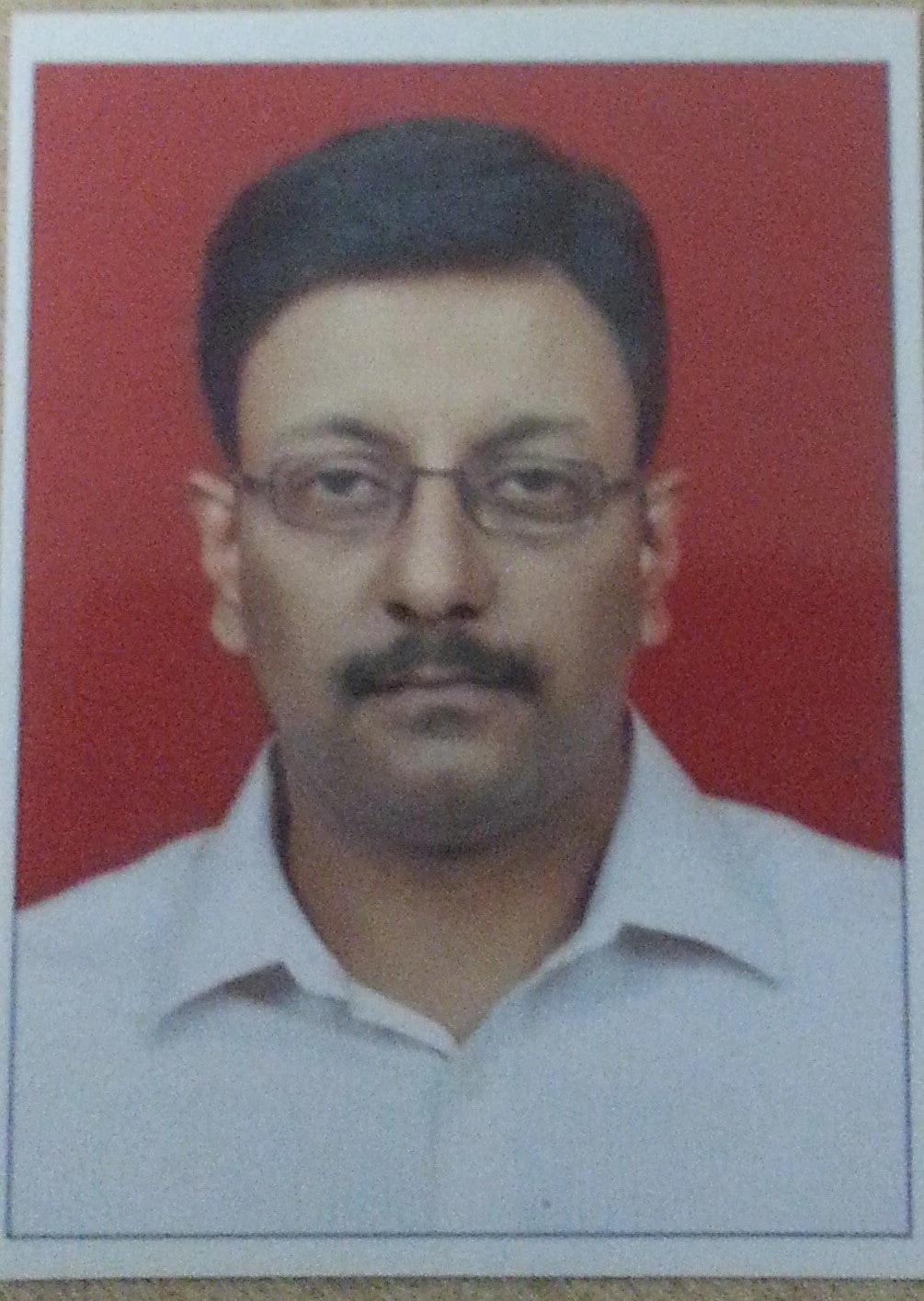 Dedicated Freight Corridor Corporation of India Limited
Dedicated Freight Corridor Corporation of India Limited
Iqbal Elahi receives his first briefing before starting a new job at a project site along the Eastern Dedicated Freight Corridor (EDFC), one of the largest and most ambitious railway projects in independent India.
His eyes widen when he hears the words ‘gender-based violence’ and ‘sexual harassment’ as part of the contractor’s construction-related briefing. He has never heard an employer talk openly about such sensitive issues before.
The contractor begins by asking the assembled workers how they would feel if someone behaved improperly with their wives, sisters, mothers or cousins. Once they understand the seriousness of the issue, each employee is asked to sign a specially drawn up code of conduct, written simply in the local language. The instructions are reinforced during the day through posters at potential ‘hotspots’ – such as near girls’ schools and colleges –reminding the men to follow appropriate behavior.
These routine morning briefings and strategically placed posters are among the series of measures to address gender-based violence (GBV) that have become regular features at construction sites along the World Bank supported section of the EDFC . The Bank is supporting the construction of the rail corridor from Ludhiana in Punjab to Mughalsarai in Uttar Pradesh through a series of loans totaling nearly $2 billion.
Introducing gender-based violence issues into a massive infrastructure project
Focus on gender-based violence as one of the World Bank’s corporate priorities has increased since 2018, after minor girls living near a construction site of a large infrastructure project in Africa were sexually abused by workers who had come in from elsewhere.
Shortly thereafter, the Indian Railways’ agency responsible for constructing the EDFC - the Dedicated Freight Corridor Corporation of India Limited (DFCCIL) – added GBV concerns into the project’s ambit.
It was not easy for DFCCIL to introduce additional concerns into such a vast greenfield project that ran for 1,200km through three large Indian states, crossing some of the most densely populated parts of the country. What added to the difficulty was the fact that the project was more than five years into construction and was already dealing with massive challenges of land acquisition that had impacted more than 83,000 landowners.
Even so, Anurag Sachan, Managing Director of DFCCIL was not daunted. He proactively established a high-level committee to introduce GBV concerns into the project and brought two senior women officials on board. “With some 8,000 construction workers living for months on end at labor camps near towns and villages, or in rented rooms among the local population, we were keen to address the safety concerns of communities that might arise due to our project ,” Sachan said.
“Though we thought it would take a while before any action was taken, DFCCIL’s quick decision making and the speed with which they rolled out measures to address this sensitive issue was truly commendable,” recalled Martha Lawrence, senior transport specialist and leader of railway solutions at the World Bank.
“Earlier whenever a truck driver passed us by, they would blow their horns repeatedly,” said the women who live near an EDFC work site. “But, now, they stop and let us pass.”
Pushing the envelope further
Since then, all project contractors working on the World Bank-supported section of the EDFC have been made responsible for sensitizing their labor force about sexual exploitation, abuse and harassment (SEA/SH), as well as about intimate partner violence.
And now that the taboo has been broken, everyone -DFCCIL, contracting companies, and project management consultants – are pushing the envelope further. They are raising awareness among village communities by sponsoring street plays, reaching out to schools and colleges, and connecting the girls with local policewomen.
The Chief Project Manager at DFCCIL’s Ambala office has even set up a special cell - in addition to the one at the Delhi headquarters – where local girls and women can lodge complaints confidentially.
Having been sensitized about gender issues, one contracting company is even using its own funds to build toilets at a girls’ college in Hapur in Uttar Pradesh, as well as training the girls in self- defense.
The project’s partnership with the NGO ‘Together We Can’ has enabled it to do even more. This year, for the very first time, a talk at a girls’ college in Ambala to highlight career opportunities for women in the Indian Railways told the girls whom they could turn to in case of physical and mental violence and abuse, as well as the counseling and legal services that were available to them.
“Our parents worry about our taking a job far from home,” said one of the students who attended the talk. “So, it’s very reassuring to hear that an employer has a policy to help with these issues.”
Together, these measures have had the desired impact. Women in nearby villages say that incidents of eve-teasing and sexual harassment have reduced noticeably . “Earlier whenever a truck driver passed us by, they would blow their horns repeatedly,” said the women who live near the Tons bridge work site. “But, now, they stop and let us pass.”
While the project still needs to maintain a continuous interface with the local community, strengthen its linkages with NGOs and other agencies that support and counsel victims, and set up a toll-free number where incidents can be reported, this vast infrastructure project is well and truly on track to address GBV concerns.



Join the Conversation